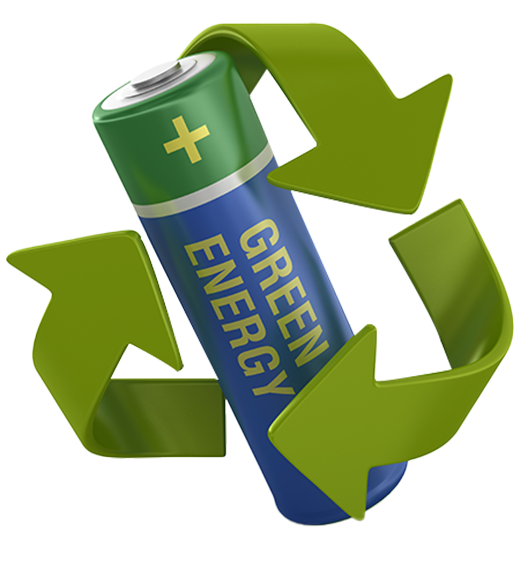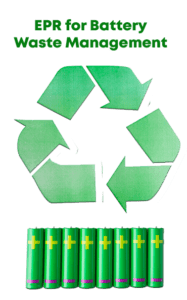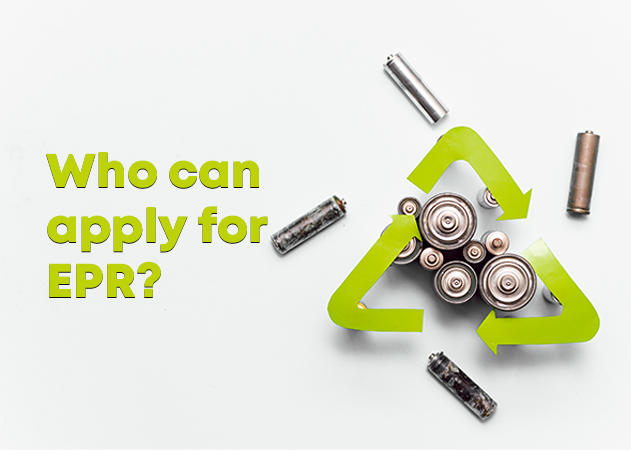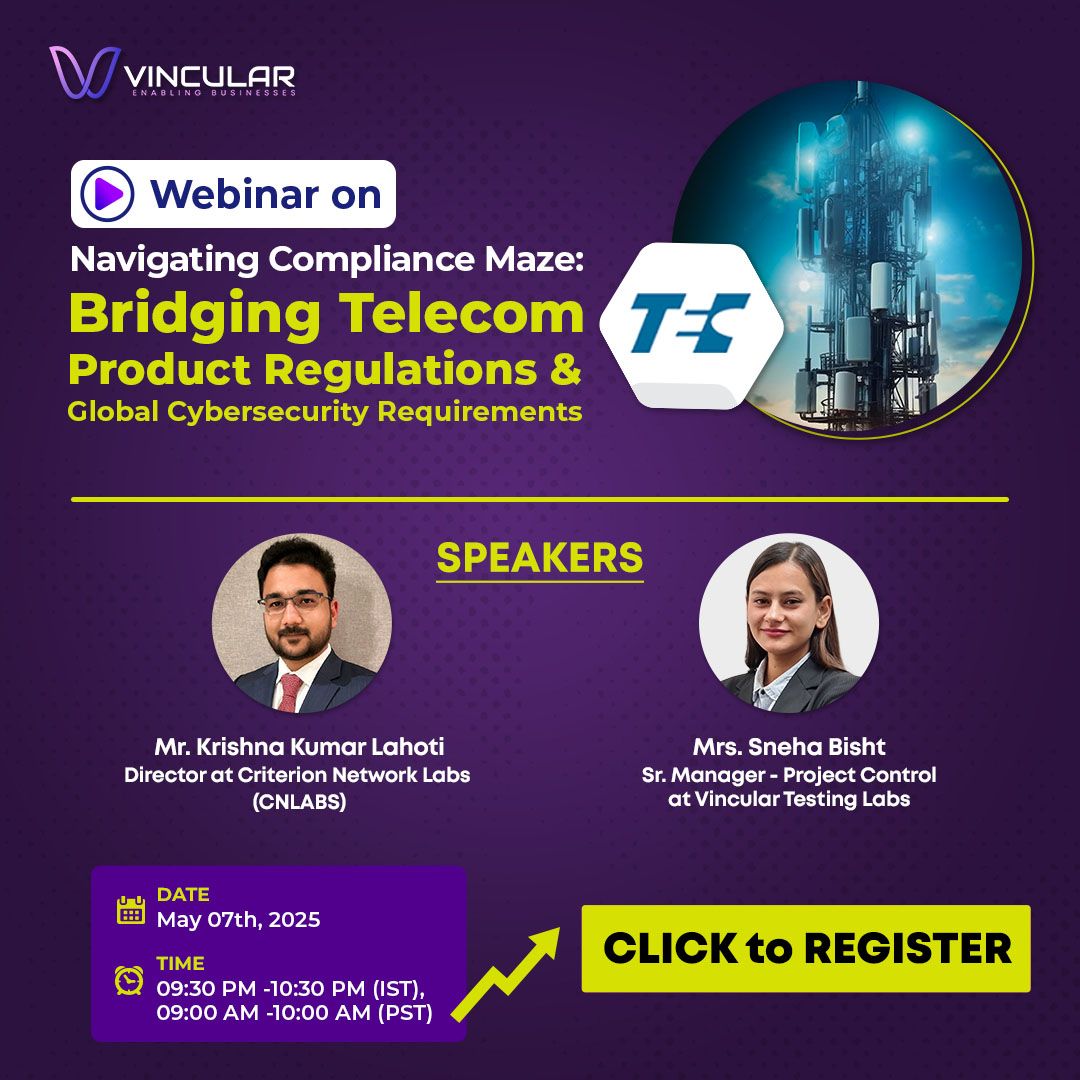Battery Waste Management: EPR Certification

Battery Waste Management- INDIA
EPR for Battery Waste Management
To ensure an environmentally sound management of waste batteries, the Ministry of Environment, Forest and Climate Change (MoEF&CC) has released a gazette notification, named Battery Waste Management Rules, 2022. This new rule will replace Batteries (Management and Handling) Rules, 2001.
An online centralised portal will soon be developed for registration under the Battery Waste Management Rules, 2022. Also, it will enable a mechanism for exchange of EPR certificates between producers and recyclers/refurbishers to fulfill the obligations of producers.
The new rules mandates the minimum percentage for recovery of materials from waste batteries and also prescribes the use of a certain amount of recycled materials in making of new batteries.
In follow-up to the Battery Waste Management Rules, 2022 published on 22nd August, CPCB has introduced SOP for registration until the portal is launched. Registration will be granted for six months through offline mode, which will be renewed through portal post launch. Meanwhile, the fees will be deferred and will be realized at the time of renewal. As the portal is under development, CPCB has mentioned few steps to register through offline mode.

Who can apply for EPR?

Validity: The temporary offline EPR certificate will be valid for 6 months, post which it has to be renewed on the online portal.
Types of Batteries
‘Portable battery’- Battery that is sealed, less than five kilograms, not made for industrial purposes, electric vehicle or to be used as an Automotive Battery
‘Electric vehicle battery’- Any Battery specifically designed to provide traction to hybrid and electric vehicles for road transport;
‘Industrial battery’- Any Battery designed for industrial uses. These may include sealed Battery (excluding potable battery); unsealed Battery (excluding automotive Battery) and energy storage system Battery.
FAQs
Pre-consumer Off-Spec Battery and its components or spares or parts or consumables;
Battery whose date for appropriate use has expired;
Battery which have been discarded by the user.
(i) manufacture and sale of Battery including refurbished Battery, including in equipment, under its own brand; or
(ii) sale of Battery including refurbished Battery, including in equipment, under its own brand produced by other manufacturers or suppliers; or
(iii) import of Battery as well as equipment containing Battery;


